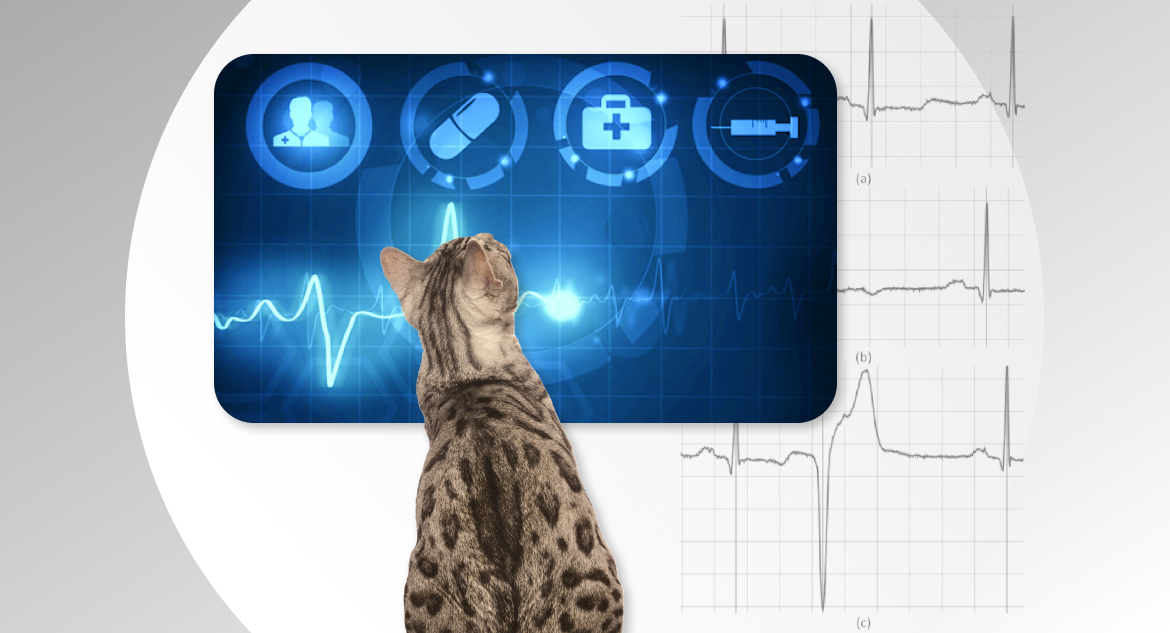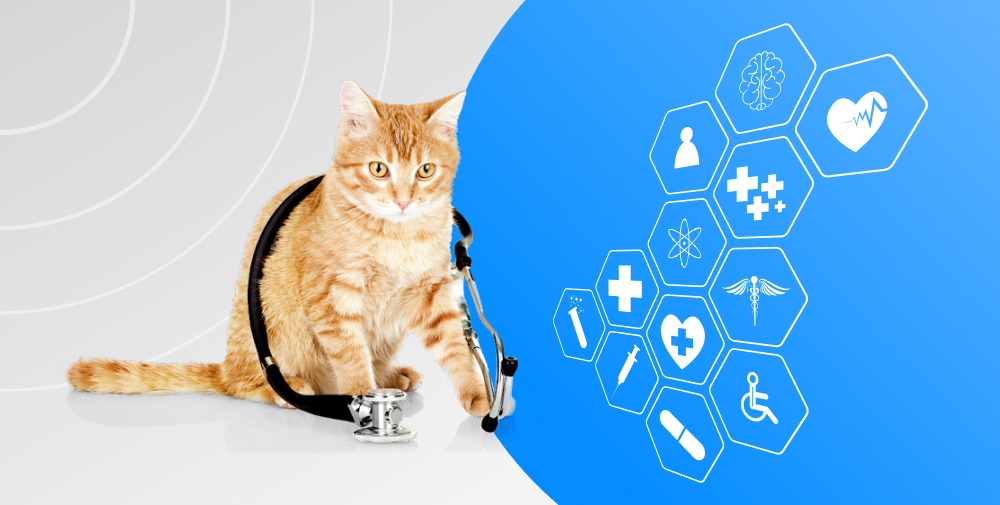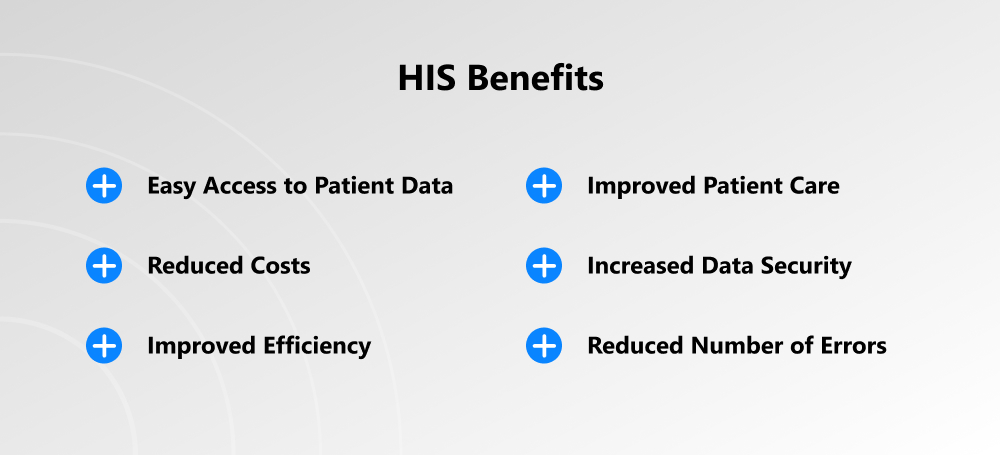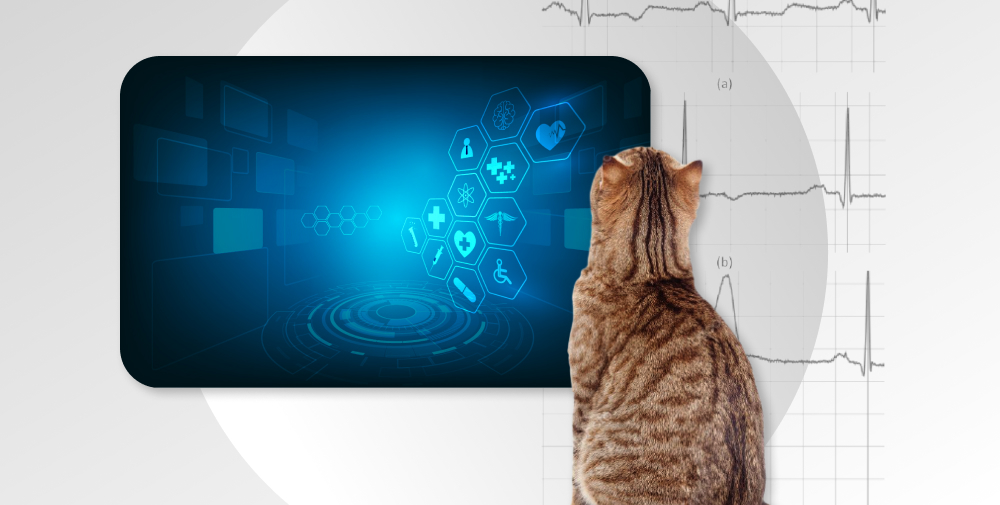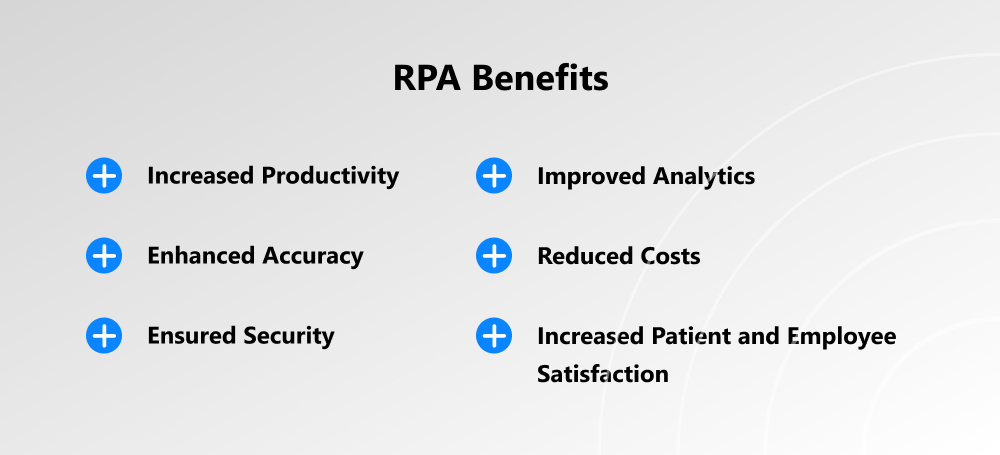Automation in healthcare can solve a lot of problems. Hospital visits are most often accompanied by additional stress due to long queues, inconvenient appointments to the doctor, searching for the necessary documents, and much more. As a result, patients are dissatisfied with the work of healthcare workers, who, in turn, quickly burn out due to paperwork and administrative tasks. According to the research, the average physician spends almost 17% of working hours on these activities.
The healthcare industry requires transformation, which can be provided by the automation of the health system. It includes convenient storage of patient information, quick operation of the administrative and financial resources of the healthcare organizations, and the creation of a unified electronic system. These measures can improve patient engagement and increase the productivity of the medical staff. In this article, we will talk about the benefits of automation in healthcare provided by modern solutions.
written by:
Anton Rykov
Product Manager, Qulix Systems
Hospital visits are most often accompanied by additional stress due to long queues, inconvenient appointments to the doctor, searching for the necessary documents, and much more. As a result, patients are dissatisfied with the work of healthcare workers, who, in turn, quickly burn out due to paperwork and administrative tasks. According to the research, the average physician spends almost 17% of working hours on paperwork and administrative tasks. The healthcare industry requires transformation, and it seems that there is a solution. This is the automation of the health system, which includes convenient storage of patient information, quick operation of the administrative and financial resources of the healthcare organizations, and the creation of a unified electronic system. These measures can improve patient engagement and increase the productivity of the medical staff. In this article, we will talk about the benefits of automation in healthcare provided by modern solutions.
Contents
Healthcare Automation Provided by Hospital Information Systems
A medical information system, or HIS, is an electronic database that helps healthcare providers effectively organize work with patients, keep an operational record of the warehouse and employees, and control administrative and financial issues. This software helps clinicians process, store, and use vast amounts of medical information.
HIS significantly facilitates the operation of the healthcare system, making it easy to maintain a database of patients, store their personal information, data on services rendered, diagnoses and diseases, the results of examinations, and analyses. Since all this information is now stored electronically, the doctor can find the necessary data at any time, make the correct diagnoses, and plan further treatment and follow-up. It also eliminates the risk of losing confidential data and the necessity to do additional tests due to the lost results. This saves the healthcare organizations from extra costs and a waste of time that could be spent on patient care.
Another key advantage of HIS is online appointment scheduling that considerably simplifies the operation of the registration office. Making an appointment online allows people not to wait times until somebody takes the call and confirms the visit. One more benefit is that patients can do it without the necessity to leave their homes and stand in huge lines to arrange a visit to a doctor.
HIS is a must-have healthcare technology for large medical centers with several branches. The system distributes patients to branches, taking into account the workload and work schedule of employees. Moreover, healthcare institutions can easily assess the demand for their services, doctors, branches, convenient visiting hours, and so on. In addition, it's a great data management tool. The system allows managers of the medical centers to keep records of employees, analyze their activities, establish the work schedule of specialists, and keep track of financial relations with the staff.
Among other things, HIS can be used for revenue cycle and inventory management. It helps healthcare facilities to form prices for their services, maintain a loyalty system (if any), calculate discounts and bonuses, manage certificates, insurance policies, and much more. The system allows medical institutions to quickly monitor the state of the warehouse and receive real-time information on stocks and consumption of resources, movement of medicines and consumables, supplies and settlements, branches, and so on.
HIS: Benefits for the Healthcare Systems
So, HIS is an excellent tool that allows medical organizations to optimize processes, facilitate the work of employees, provide better care for people, and improve the patient experience.
What Will the Healthcare Facilities Get?
No need to fill out tons of papers. Doctors and nurses won't have to enter notes in the patient cards because all the records are stored in the patient's profile. They have access to the clinical chart, the course of treatment, examinations results, and other relevant data.
Increased efficiency and security. Automated workflow allows the hospitals to reduce the amount of paperwork, successfully maintain a patient base, relying on up-to-date information about examinations and treatment. It's much easier for doctors to make a diagnosis when they have the necessary data at hand. What's more, there are reduced risks of losing important data when they are stored in the digital form rather than in the paper form. The American Journal of Managed Care published a study indicating that paper records account for 65% of hospital data breaches.
Smooth operations. It's convenient for the healthcare providers to have an online registration office, maintain general hospital databases of patients, distribute them among branches, taking into account the workload and schedule of the staff, be able to assess the demand for the services and establish prices.
How Will the Patients Win?
Thanks to HIS, patients gain access to their data, can quickly receive the test results and track them together with the physician, make an appointment, provide feedback, and much more. There are low risks that their data will be lost, mixed up, or falsified. The online appointment system allows people to avoid the queues at the registration desk, which is extremely important during the COVID-19 times.
Automation in Healthcare Ensured by Robotic Process Automation
As we know, technologies do not stand still, and new tools that are able to transform the healthcare industry appear in the market. For example, robotic process automation (RPA) software is conquering the industry now. The solution helps organizations perform manual, time-consuming tasks at a faster pace, thereby saving their time and money. According to Verified Market Research, the RPA value in the healthcare market stood at $1.13 billion in 2020 and is expected to grow to $1.83 billion by 2028.
When developers create traditional solutions, they use application programming interfaces (APIs) or a scripting language to make a list of actions to automate a task. Robotic process automation technology, in turn, is based on artificial intelligence and software robots. They reproduce human actions by interacting with the system interface. For example, they can open apps, move files, fill out forms, and much more. At the same time, the technology is easy to install and does not disrupt the existing infrastructure of the healthcare institution.
As HIS, RPA helps healthcare providers process multiple patient data and generate analytics that can help clinicians make more accurate diagnoses and prescribe the right treatment for patients. Also, bots will be able to send patients reminders of upcoming visits, schedule these visits based on the availability of a doctor, and much more.
RPA simplifies the claim handling processes, which involves entering and evaluating data. In spite of the fact that the information is entered not manually, but with the help of software, medical professionals could not avoid mistakes due to the human factor. This process has always taken a long time as well. With RPA, errors are minimized, data processing is accelerated, and it's much easier to submit claims.
Thanks to RPA, patients can make appointments online without the need to go to a healthcare institution. The robots receive the incoming data and transfer the request to the right specialist or branch based on the location of the patient, the insurance company, and the diagnosis. Hospitals, in turn, can schedule patient visits, which will help them avoid huge queues, relieve the burden on the medical staff, and increase patient satisfaction.
RPA: Benefits for the Health Systems
Reduced costs. By automating repetitive tasks, healthcare providers can markedly save time and reduce costs. The robot is able to do everything many times faster than a human, while not making mistakes. Implementing RPA allows healthcare professionals to avoid tedious routine work and helps them pay more attention to patients. Among other things, RPA solutions are cheaper than usual automation using APIs and program codes.
Increased patient satisfaction. Everyone wants to quickly solve their problem and get qualified medical care. You don't like it when doctors listen to you inattentively and are busy with paperwork, do you? Unfortunately, due to administrative tasks, healthcare professionals are not always able to pay attention to the patient. But as RPA takes over routine tasks, doctors will have more time to personalize custom services and improve patient care.
Increased employee satisfaction. There is an unsound opinion that robots will soon replace doctors. But this is not the case. They can't replace human intelligence; they simply promote more opportunities to healthcare workers. By getting rid of boring, repetitive tasks, healthcare professionals will be able to devote more time to their professional growth and training.
Enhanced data protection. Every healthcare facility must securely use and store patient data. In contrast to paper clinical histories and other documents, an electronic record cannot be lost, and it's hard to destroy, change, or falsify it. The automatic transmission of data is encrypted, so data confidentiality will be ensured. Of course, the RPA software must be properly protected in this case.
Final Word
If HIS is widely used in the healthcare system, the RPA technology is still under development and has not reached the limits of its technological capabilities. But both solutions are aimed at automating operations in the healthcare industry, which can increase the efficiency of doctors and improve patient loyalty. Automation in healthcare eases and accelerates a large number of administrative duties, optimizes the workflow, and allows medical institutions to cut costs and more efficiently use the working hours of their doctors and medical staff Implementing these solutions will increase the transparency and accuracy of the accounting of medicines, expenses, equipment, and other resources.
If you have any questions regarding healthcare automation or software development for doctors and patients, don't hesitate to contact us. For more detail, please visit our website or get in touch with our support team.

Contacts
Feel free to get in touch with us! Use this contact form for an ASAP response.
Call us at +44 151 528 8015
E-mail us at request@qulix.com

